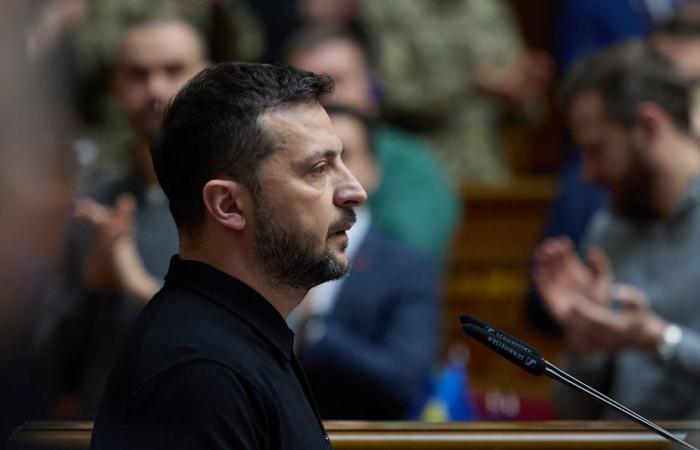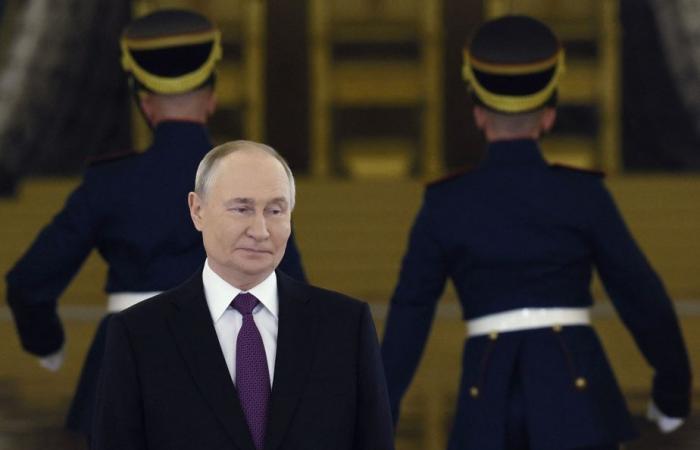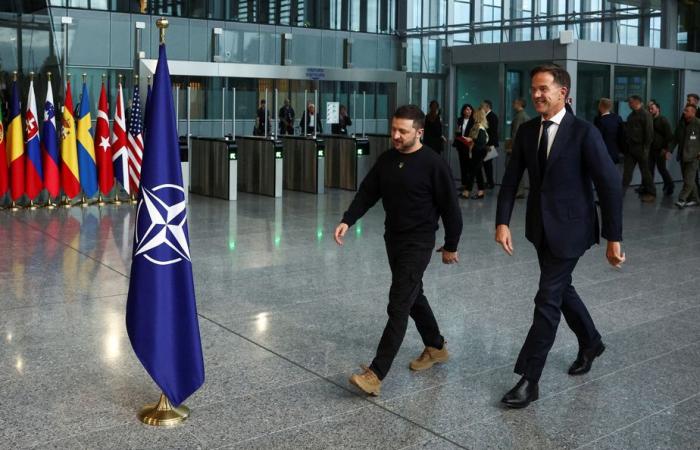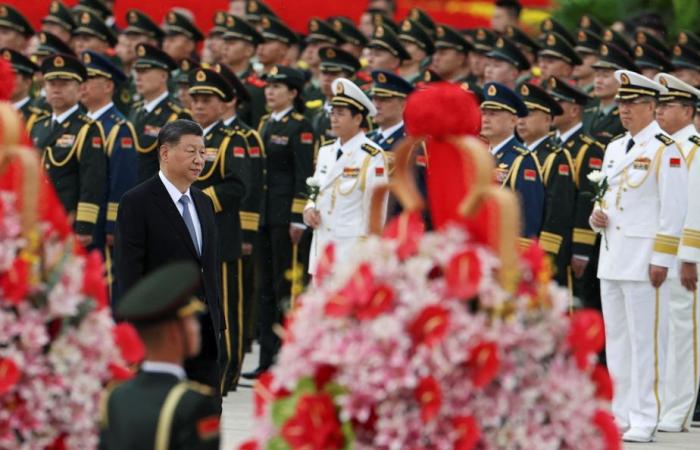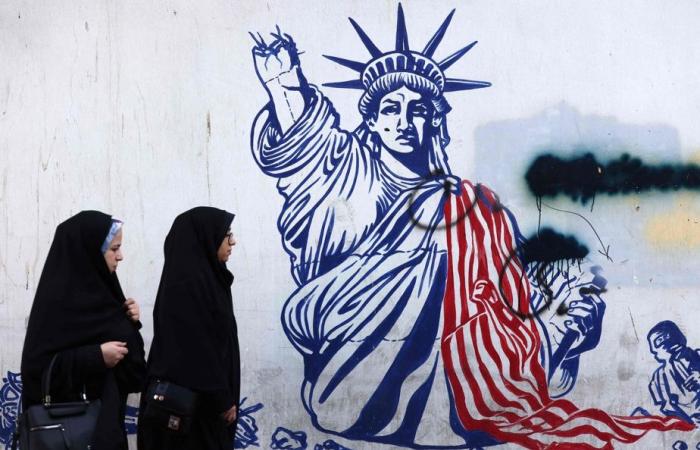The return of Donald Trump to the head of the American state and the “transactional” approach he favors in matters of international relations promises to have a marked impact on several countries.
Published at 12:45 a.m.
Updated at 5:00 a.m.
Ukraine worried
The situation of the government of Ukrainian President Volodymyr Zelensky could quickly become complicated with the victory of Donald Trump. The US president-elect has repeatedly boasted that he could resolve the bloody conflict with Russia in a day, suggesting he would force the parties to come to an agreement. Dominique Arel, a Ukraine specialist attached to the University of Ottawa, fears that the American leader wants to force his Ukrainian counterpart to officially cede the territory lost since the start of the military offensive in 2022 by threatening to cut short the American military aid. Russian President Vladimir Putin, says Mr. Arel, will not agree to give up his goal of taking control of the Ukrainian government. “Trump has no real leverage to make Russia bend,” notes the analyst.
Russia attentive
PHOTO YURI KOCHETKOV, ARCHIVES AGENCE FRANCE-PRESSE
The President of Russia, Vladimir Putin
The return to power of Donald Trump is not to displease Vladimir Putin, but the Kremlin does not see his arrival as a form of carte blanche. Brian Taylor, a specialist on the country attached to Baylor University, recalls that relations between the two states remained tense during the first term of the American president, who had several advisors hostile to Moscow. “His obvious affection for Putin had not led to a radical change in American policies towards him,” notes Mr. Taylor. The Russian leader hoped in particular to obtain the lifting of sanctions imposed after the capture of Crimea in 2014, but he did not succeed.
Europe in a difficult position
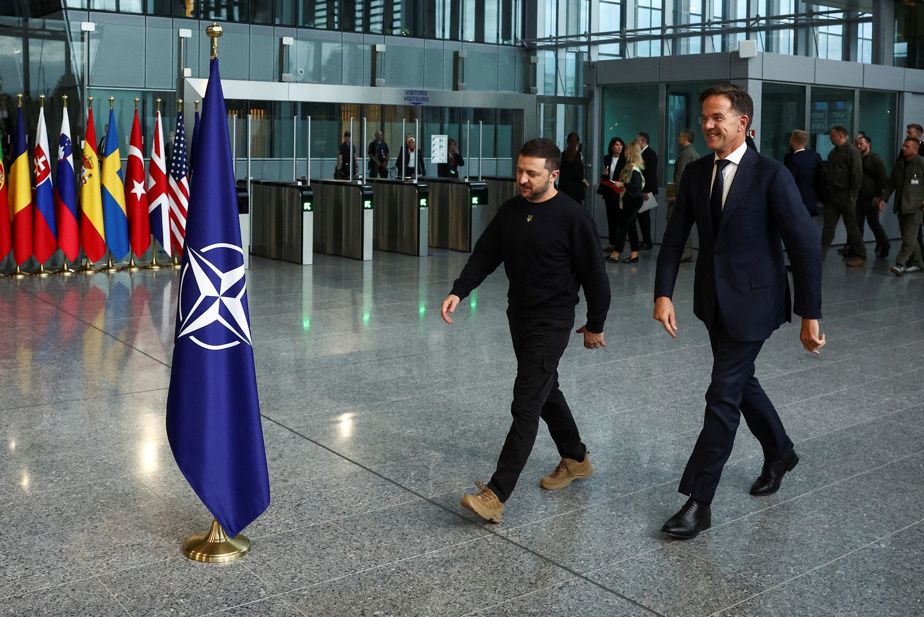
PHOTO YVES HERMAN, ARCHIVES REUTERS
Ukraine’s President Volodymyr Zelensky and NATO Secretary General Mark Rutte at the organization’s headquarters in Brussels, Belgium last October
Although he risks remaining on guard against the new American administration, everything suggests that Vladimir Putin will continue his destabilization efforts in Europe, notes Brian Taylor. Recent pressures in Georgia and Moldova demonstrate these efforts. The Kremlin also wants to weaken NATO and welcomes the fact that Donald Trump has already criticized the principle of “mutual assistance” at the heart of the organization. The American leader’s reservations on this subject put European countries in a difficult situation since they must deal with the possibility of having to ensure the security of the continent alone, notes Frédéric Mérand, professor of political science at the University of Montreal. He does not rule out the possibility that the American president ultimately decides to withdraw the country from the organization.
China ready to test Trump

PHOTO FLORENCE LO, ARCHIVES REUTERS
The President of China, Xi Jinping
Relations between the United States and China deteriorated significantly during Donald Trump’s first term. These tensions risk quickly re-emerging on the economic level with the imposition of substantial tariff barriers, notes Serge Granger, Asia specialist attached to the University of Sherbrooke. The analyst also expects a rise in tensions on the military level. He believes that Beijing could be tempted to test by “a provocation” the desire of the United States to exert influence in the region, for example in the South China Sea. The temptation for Beijing to attack Taiwan also risks increasing with the arrival in the United States of a president keen on “transactions” who seems more likely, according to Mr. Granger, to seek an advantage for his country than to act to defend international law.
Iran under pressure

PHOTO ATTA KENARE, AGENCE FRANCE-PRESSE
Iranian women walk past a mural depicting the dismembered Statue of Liberty painted on the facade of the former US embassy in Tehran on Wednesday.
During Trump’s first term, the Iranian regime was targeted by a “maximum pressure” campaign aimed at renouncing its nuclear program. He risks paying the price for a similar ploy this time, underlines Ali Vaez, country specialist attached to the International Crisis Group (ICG). The 2020 drone assassination of a senior Iranian commander and Tehran’s subsequent attempts to take revenge by directly targeting Donald Trump have exacerbated tensions, underlines the analyst, who expects Washington to increase pressure on its European allies to increase sanctions. This effort risks antagonizing Iran as the country is engaged in a military conflict with Israel, Mr. Vaez warns.
Israel not bothered

PHOTO TSAFRIR ABAYOV, ARCHIVES ASSOCIATED PRESS
Israeli soldiers on the move in southern Israel, near the border with the Gaza Strip, late last October
The outgoing American president, Joe Biden, and his vice-president, Kamala Harris, defeated Tuesday by Donald Trump, support the military offensive carried out for a year by the Israeli army in the Gaza Strip and subsequent operations in Lebanon. The strikes targeting Hamas, which killed more than 1,200 people during a deadly attack on October 7, 2023, left more than 40,000 dead on the Palestinian side and sparked numerous criticisms which did not change support for Hamas. administration. Donald Trump maintains close ties with Israeli Prime Minister Benjamin Netanyahu and appears unlikely to increase pressure on the Israeli side for a ceasefire, says Ali Vaez of the ICG. “He has already shown that he knows how to manipulate Donald Trump to get what he wants,” notes the analyst.

